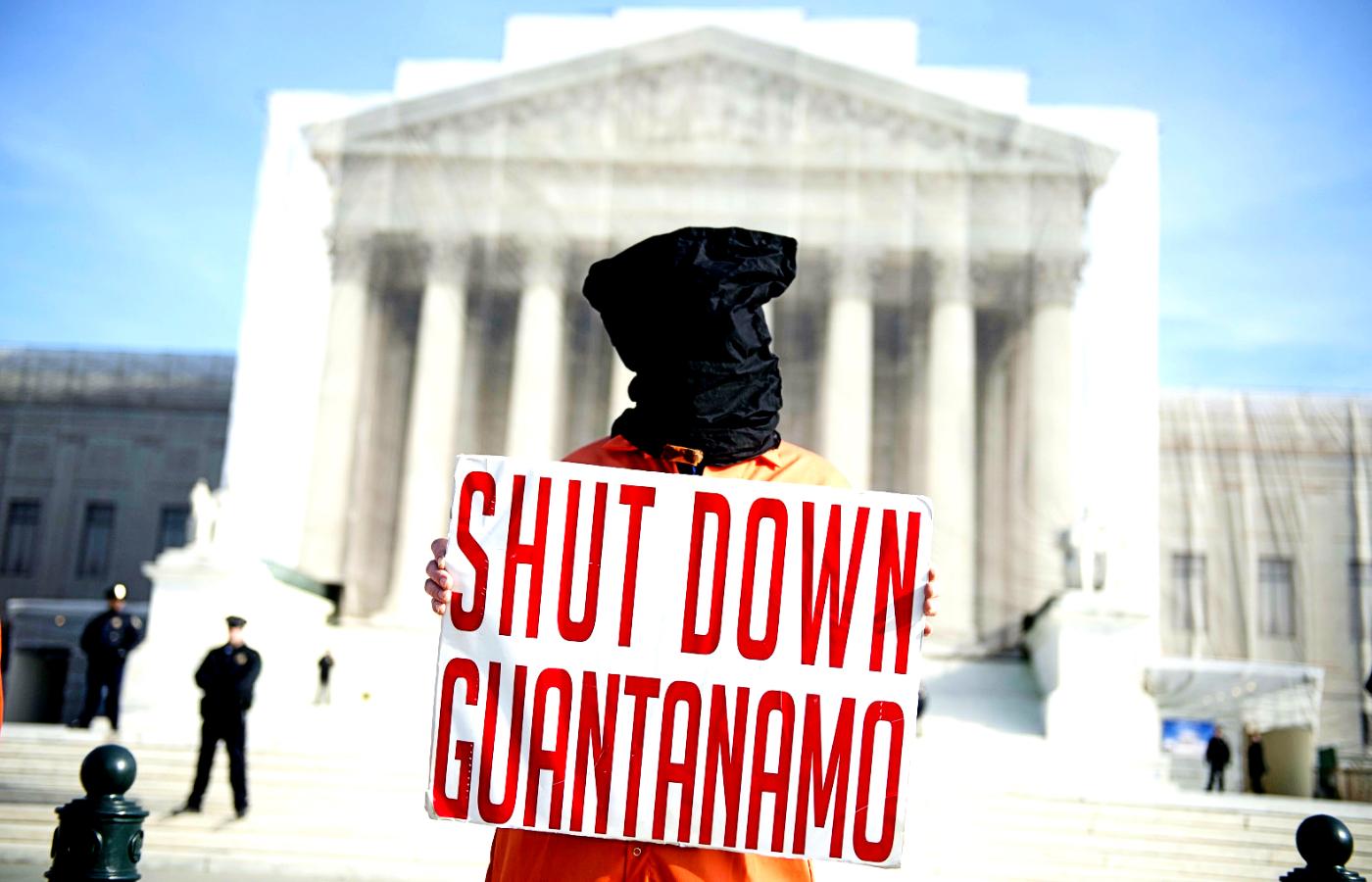Defense White Paper on US-China Conflict: Deterrence and Dialogue Are the 2 Keys
(Japan) on 16 July 2021
by (link to original)
The 2021 edition of the defense white paper features a new section analyzing U.S.-China relations.
It cautions that if the struggle for supremacy between the U.S. and China intensifies and the balance of military power changes, “it may possibly affect the peace and stability of the Indo-Pacific region.”
What is noteworthy is that the situation surrounding Taiwan was clearly stated for the first time as “important for Japan's security and the stability of the international community.”
This was based on the fact that the military balance between China and Taiwan is tilted in favor of China, which is increasing its military power, and that the situation is becoming increasingly tense as China is stepping up its military activities in the vicinity of Taiwan. The leaders of Japan and the U.S. also referred to the Taiwan Strait in their joint statement in April for the first time in 52 years.
China has significantly increased its defense spending without any transparency. It continues to engage in intimidating activities in the East China Sea and South China Sea, including the area around the Senkaku Islands, and has become a source of instability in the region.
However, it is not enough to speak loudly about the threat and strengthen deterrence. If the confrontation between the U.S. and China becomes more acute and Japan is put on the front line, its security will be threatened.
Even if there is tension and conflict, it is necessary to create a mechanism to control them and avoid clashes. To that end, it is essential to deepen mutual understanding and build trust through dialogue and exchange at various levels.
Three years ago, Japan and China introduced rules to avoid accidents by communicating at field level when ships and aircraft from both countries approach each other. It is a crisis management system designed to avoid accidental collisions. We hope to establish it through steady operation.
To avoid misunderstanding each other’s intentions, we must hasten to establish a hotline where defense authorities can communicate with each other at any time. There should also be additional channels for dialogue among senior officials.
The stability of Japan-China relations is extremely important not only for the two countries, but also for the region and the international community.
While maintaining deterrence based on the Japan-U.S. alliance, Japan needs to continue dialogue with China to ease tensions. It also needs to formulate a proactive strategy and promote a multilayered approach.


